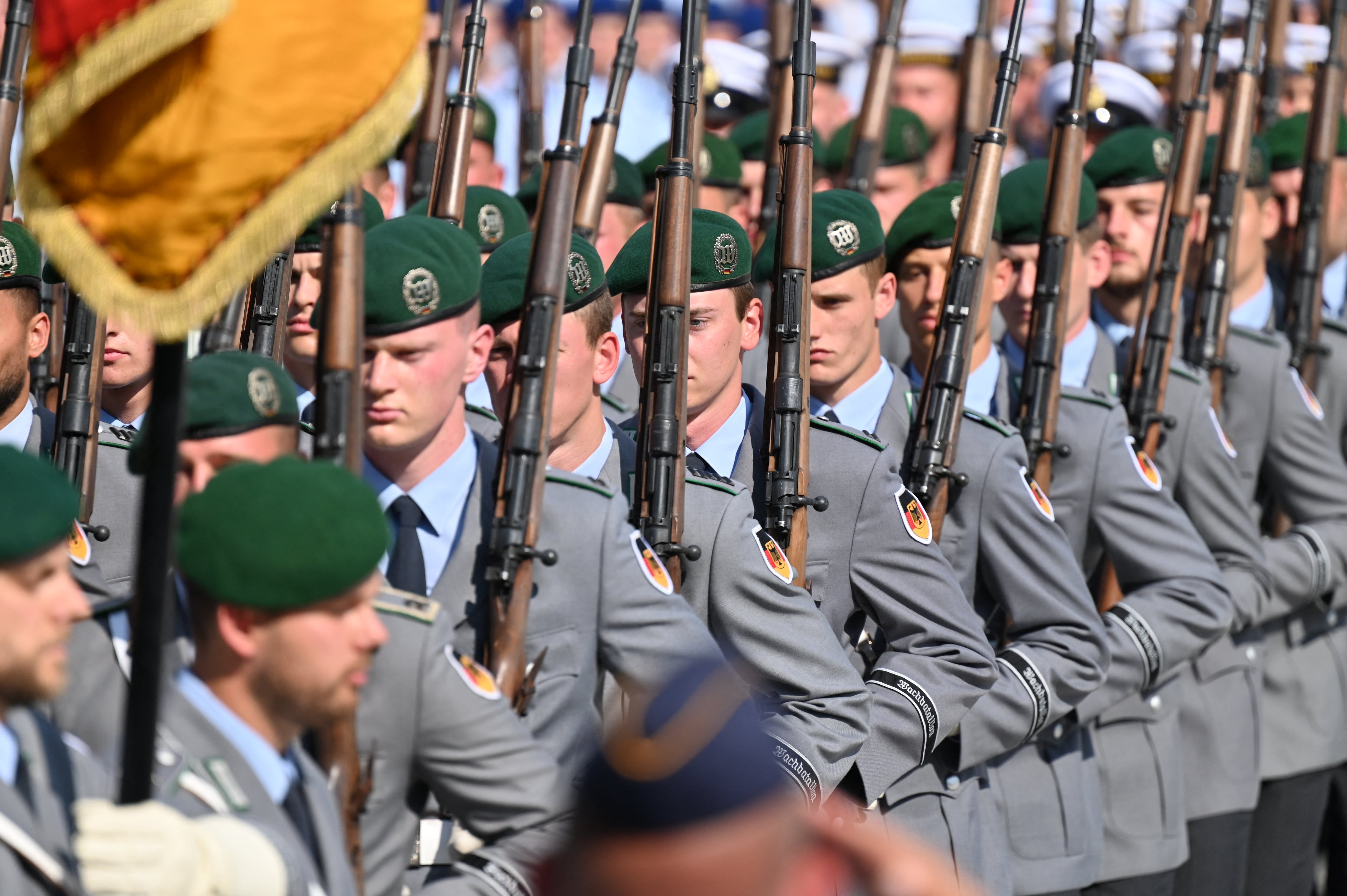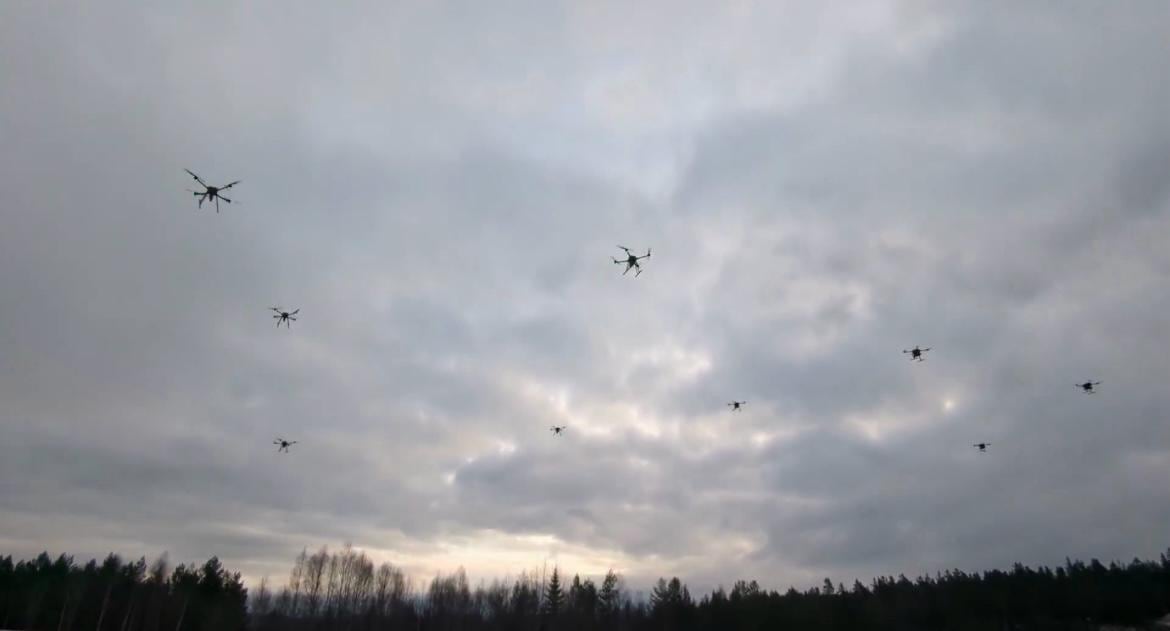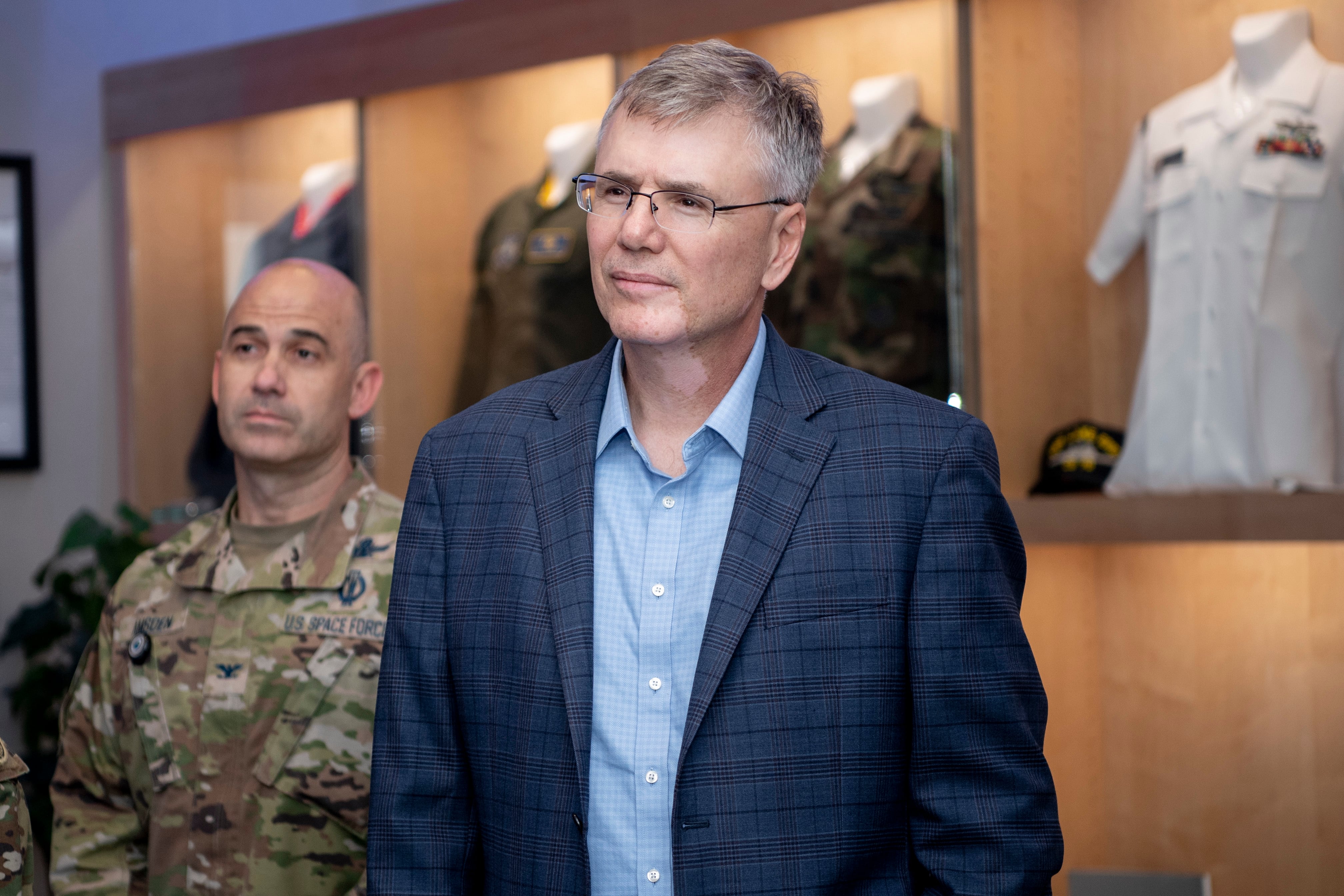MARINE CORPS BASE QUANTICO, Va. — A new cybersecurity chair at Marine Corps University will oversee the integration of cyber studies into nearly every facet of professional military education for Marines, from lance corporals through senior commanders.
Retired Air Force Col. Gary Brown is the first to fill the new position here. At the end of his 24-year military career, Brown served as the first senior legal counsel for U.S. Cyber Command when it was created in 2009.
Bolstering cyber education is crucial, he said. All Marines are connected to a network, making them potential — even if unwitting — security liabilities as they check emails or use social media.
"Everybody is attached to the [Internet] and so everybody presents an attack surface or a vulnerability to the enterprise," he said. "The number one thing we need to do is educate people about those threats to the network that they present."
Awareness will drive his campaign to introduce Marines to cyber education at all ranks, he added.
"Every Marine is a rifleman, but not every Marine will be an offensive cyber warrior," he said. "But everybody needs to be aware of cyber defense."

First Lt. Aaron Smith uses a computer during a training exercise at Marine Corps Air Station Cherry Point, N.C. A new cyber professor at the Marine Corps University will help develop cyber-security lessons for all Marines' professional military education courses.
Photo Credit: Cpl. Grace L. Waladkewics/Marine Corps
Already, Brown is working to integrate cyber lessons into the existing curricula at the Marine Corps' Command and Staff College and the School of Advanced Warfighting — two schools mostly attended by majors who are being groomed to become planners and commanders. But in the year ahead, Brown said he will also devise ways to incorporate cyber education into the lesson plans for such things as the Sergeants Course and Lance Corporal Leadership and Ethics Seminar.
While his goal is not to make every Marine a cyber specialist, Brown said he intends to ensure every Marine has some understanding of defensive and offensive cyber capabilities. That means educating junior Marines in safe cyber habits and equipping senior Marines, including commanders and operational planners, with enough knowledge to understand how cyber specialists can support battlefield operations.
"It is one more arrow in your quiver," he said. "If you have some idea of what capabilities might be out there to ask about or, on the other hand, what capabilities our adversaries have [that they can] use against us, you might be able to recognize that you are under attack.
"I go back to my Air Force days and think, you ask the guys on the ground what effect you want and we will figure out how to get the effect you want. Don't tell us exactly what plane and what bomb. You don't need to know that. Just tell us, 'We need that thing over there destroyed at this time.' "
Similarly, Marines may not need to know how to write code for a cyber attack, but they need enough education to know they can call for one and the results they are seeking. The cyber operators will figure out the details.








